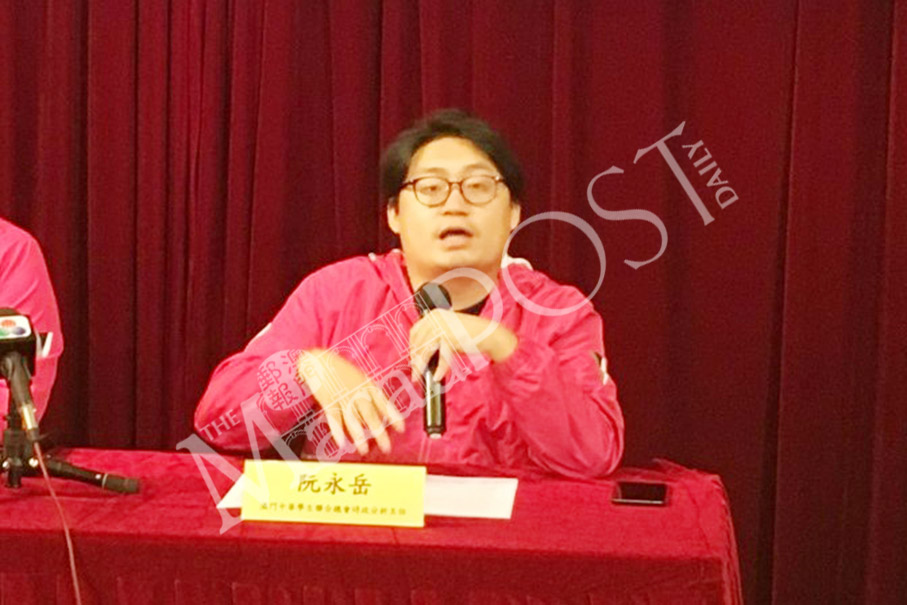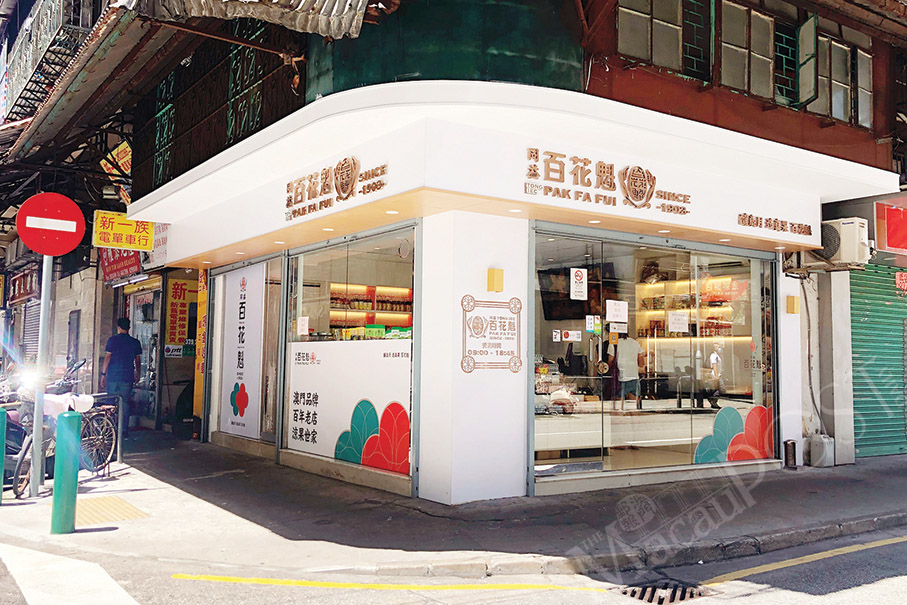A mere 10 percent of local pupils say that they know about the Guangdong-Hong Kong-Macau Greater Bay Area (GBA) project while almost 80 percent say that they don’t have much interest, or no interest at all, in learning about it, a survey released by the General Association of Chinese Students of Macau showed yesterday.
The survey, conducted between May and June this year, collected 1,007 valid questionnaires from secondary pupils attending 11 local schools, with the aim of finding out their level of knowledge on the 11-city scheme.
According to the findings, 10 percent of those surveyed said that they knew about the scheme while 48 percent said that they did not, and 42 percent described their GBA knowledge as “so-so”.
When asked whether they were interested in learning about the GBA initiative, 21 percent said they were “very interested” or “interested”, 52 percent chose “so-so”, and 27 percent said that they were “not interested” or “not interested at all”.
According to the survey, pupils were given a list of cities in Guangdong province, and were asked to identify the nine mainland GBA cities. A total of 93 percent of the pupils managed to identify Zhuhai and 85 percent Guangzhou as a GBA city while 83 percent and 74 percent correctly identitied Shenzhen and Zhongshan.
However, merely over half of the pupils knew that Dongguan, Foshan and Jiangmen are also GBA cities, and most didn’t know that Huizhou and Zhaoqing are GBA cities, the findings show.
Meanwhile, the pupils were asked whether they were interested in working or starting a business in another GBA city – 33 percent said that they were “very interested” or “interested” while the remaining 67 percent said that they were “not interested” or “not interested at all”.
When asked to name a GBA city other than Macau that they would like to live in, 44 percent declined to do so while Guangzhou, Hong Kong, Shenzhen and Zhuhai were among the most popular destinations.
During a press conference about the findings yesterday, Erico Yuen Weng Ngok, the General Association of Chinese Students of Macau’s current affairs director, said that many local pupils had limited knowledge of the GBA project. Yuen said he believed this was due to the fact that not much detailed information about GBA-related policies was available, such as the role of each GBA city. The association urged the government to promote exchanges between youngsters from Macau and the other 10 GBA cities.
The GBA scheme is also known as “nine plus two” in Chinese. The scheme consists of nine Guangdong cities – Dongguan, Foshan, Guangzhou, Huizhou, Jiangmen, Shenzhen, Zhaoqing, Zhongshan and Zhuhai as well as the two special administrative regions of Hong Kong and Macau. According to Xinhuanet, the GBA area has a population of 66 million, the same the UK.

Erico Yuen Weng Ngok, current affairs director of the General Association of Chinese Students of Macau, speaks during yesterday’s press conference on the group’s premises in Avenida de Venceslau de Morais. Photo: Joel Chu






